Whether at the start of the new year, in spring, or around a major milestone event, there are times in our lives when we decide it’s time for a restart. We set goals, start a new food or diet regime or, even if we don’t name the change out loud, we secretly tell ourselves that this is the time when we’re going to turn everything around. But what happens when the change stalls, the cleanse you were doing is over, or you fall off of your new lifestyle wagon? Instead of throwing in the towel or beating yourself up, here are some simple ways to make healthier eating possible without overwhelming your life or buying into the guilt and shame that so often comes with these moments.

Hitting a Wall is Normal
First, it is important to acknowledge that hitting these walls is completely normal. Making big changes is challenging. It requires a lot of both psychological and actual time and energy to keep the momentum going. So, it is inevitable that there will be moments of exhaustion and burnout. In short, hitting a wall or falling off the wagon is not only normal, but to be expected – especially once the initial motivation and excitement has dissipated and real life starts to seep back in.
The truth is, big changes often come in fits and starts and it is about how you handle those ebbs and flows that matters way more than whether you hit a stumbling block.
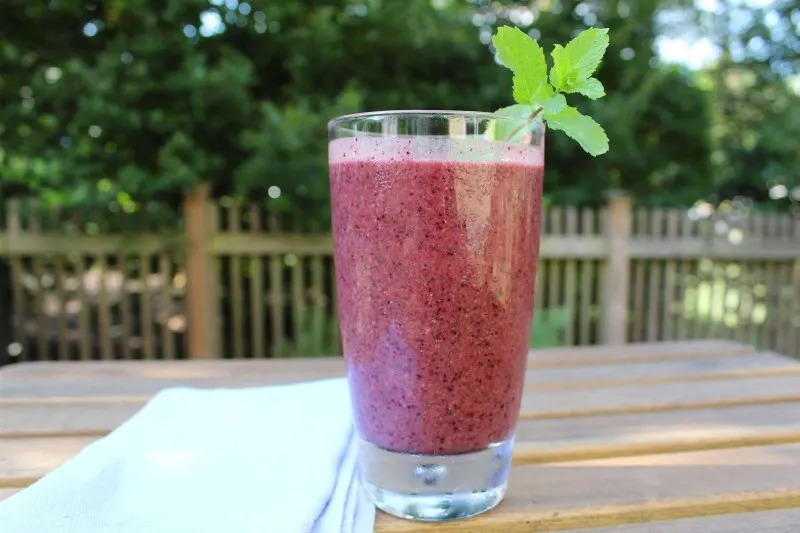
Start Small For Long Term Success
When we set out to make lifestyle changes, we often bite off more than we can chew (pun intended) – cutting out ALL sugar/salt/fat/alcohol, shifting from eating meat daily to being fully vegetarian or vegan, or starting a rule-laden diet such as Whole 30 or Keto are all huge changes that can be logistically challenging, but also hard on your body as it tries to figure out what is going on. When we tax ourselves so much, it is pretty much guaranteed that we will “fail” in some way, shape, or form.
Instead, I recommend considering your long term goal and then coming up with smaller steps that will get you there over time. For instance, rather than fully cutting out meat, perhaps you reduce your consumption to twice a week. Or instead of cutting out sugar entirely, maybe you focus on replacing sodas with flavored sparkling water.
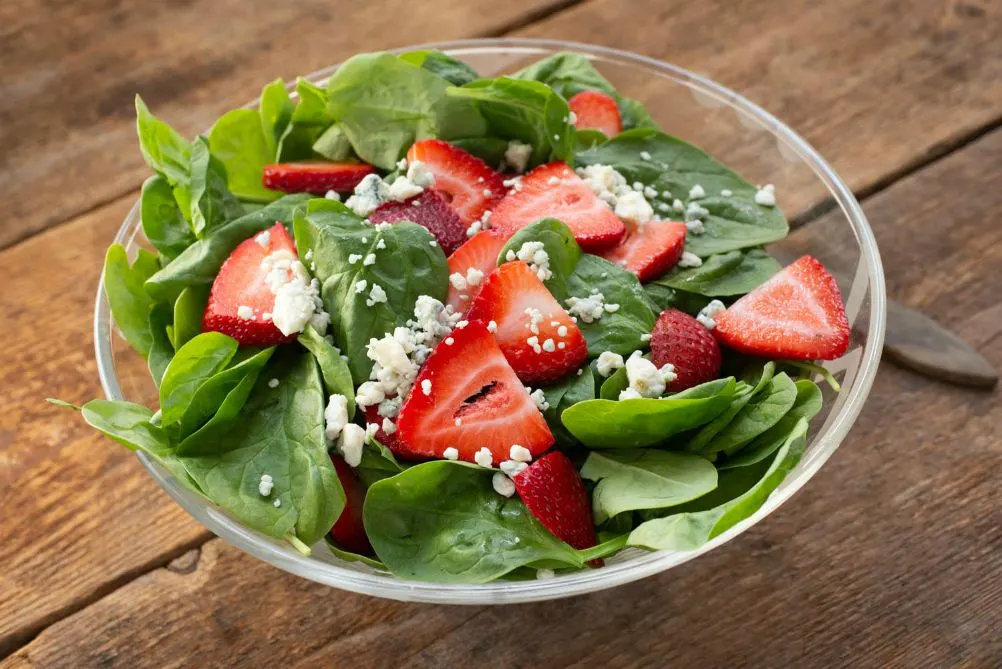
Add, Rather than Subtract
Another one of the biggest reasons that lifestyle changes fail is that we approach them from a deprivation mindset. In other words, we tend to focus on cutting things out and eliminating food groups from our diets. What ends up happening when we do this, though, is that we ruminate on the foods we are not allowing ourselves to have and, eventually, break down and “cheat.” At best, these moments can feel like a failure, but they can also lead to binging or a rapid downward spiral of self-recrimination and self-sabotage.
Instead, I like to encourage people to focus on adding more of the beneficial foods. It has been my personal experience, as well as my experience working with coaching clients, that as you add in more of the foods your body needs, you feel better and the motivation to continue to shift to a healthier diet becomes stronger through positive association and success. This positive reinforcement will always be more powerful than guilt, shame, or deprivation.
Simple Ways to Make Healthier Eating Possible
So, if your hopes include a having a healthier lifestyle, eating better, losing weight, or cooking more, here are some ideas for baby steps that can help you have a successful journey that focuses on this positive approach.

Have fruits or vegetables with every meal
While this may seem like an obvious step, when you actually take a look at what you normally eat, you may be surprised by how many meals don’t include a fruit or vegetable, especially snacks. By using this simple rule consistently, you will be giving your body more of what it needs on a regular basis, as well as building up the habit of eating fruits and vegetables more often.

Drink more water
This is one that I struggle with, but over time have gotten better at. Staying hydrated is not only really good for your body, but it also will help you to distinguish between true hunger and low-level dehydration (which also feels like hunger).
Some useful steps here include, setting a reminder on your phone to drink water at regular intervals throughout the day and flavoring your water with fruit to make it just a little more interesting without adding sugar.
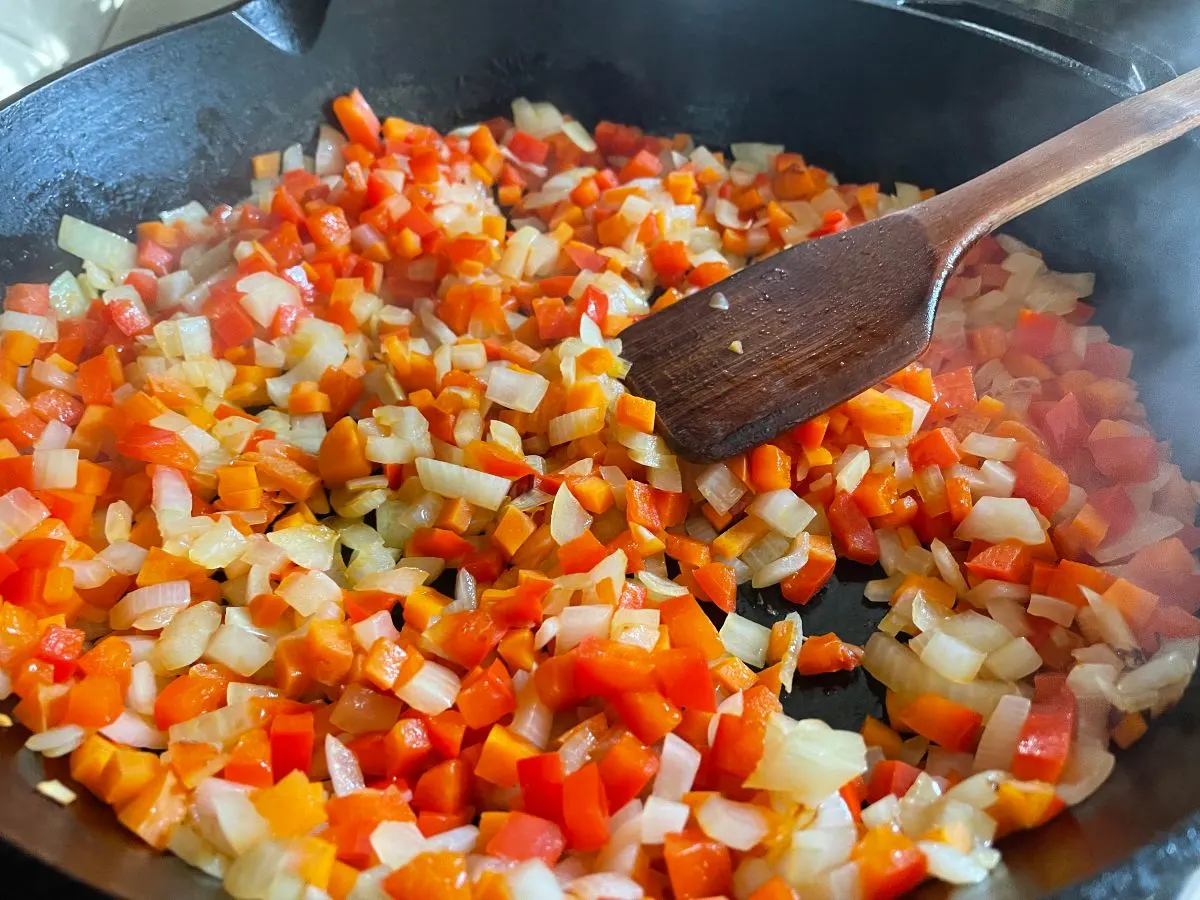
Cook more
Food at home is almost always going to be healthier (and cheaper) than food you buy out. Bringing lunch to work, eating one more homemade meal a week, prepping on the weekend to make cooking easier during the week, and making extras of a recipe that can be used for lunches are all ways to help make this happen.
For other ideas and motivation on how to make home cooking easy, check out my posts on easing the burden of cooking and stocking your freezer for the nights when cooking isn’t happening.
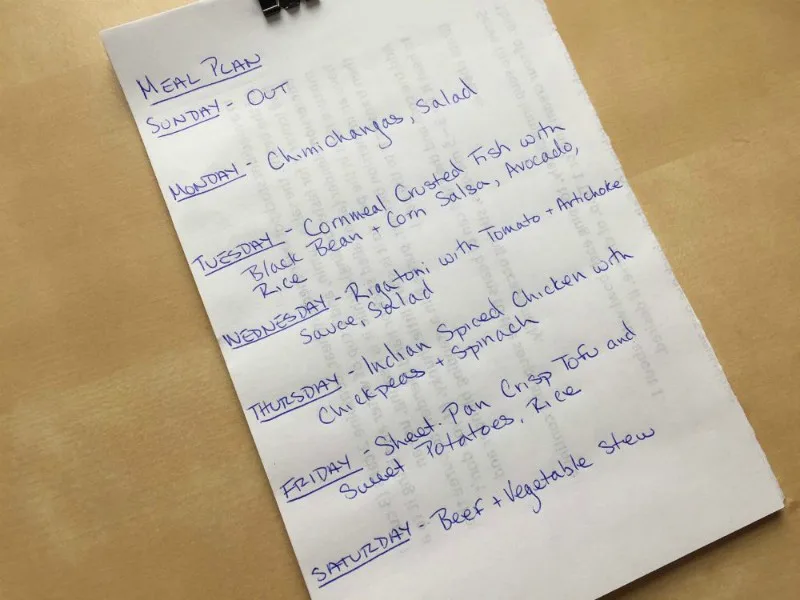
Plan your meals
When you plan your meals, you are less likely to make impulsive decisions that you might regret later. It also can help you to feel more in control as you work to shift your eating patterns.
For those who feel like meal planning is an added burden, here are two tricks to make it a bit easier.
First, start by focusing on planning just one of your meals per day. Pick the meal that is most challenging to you and then build out from there.
Are breakfasts rough for you? Come up with a breakfast plan that is quick and easy to implement or prepare a breakfast on Sunday that you can enjoy all week long.
Do you tend to “cheat” at lunchtime? Consider bringing lunch from home (leftovers are great for this) or coming up with a plan for where you will buy lunch each day.
Is dinner tricky? Start by making a list of your go-to dinners and use those on a rotating basis, then build from there.
Second, if this still feels like too much, The Scramble’s meal plans may be just what you need to eliminate all the guess-work and stress. And the best part? My meal plans are full of recipes that you can be sure are delicious, healthy, and simple to prepare.
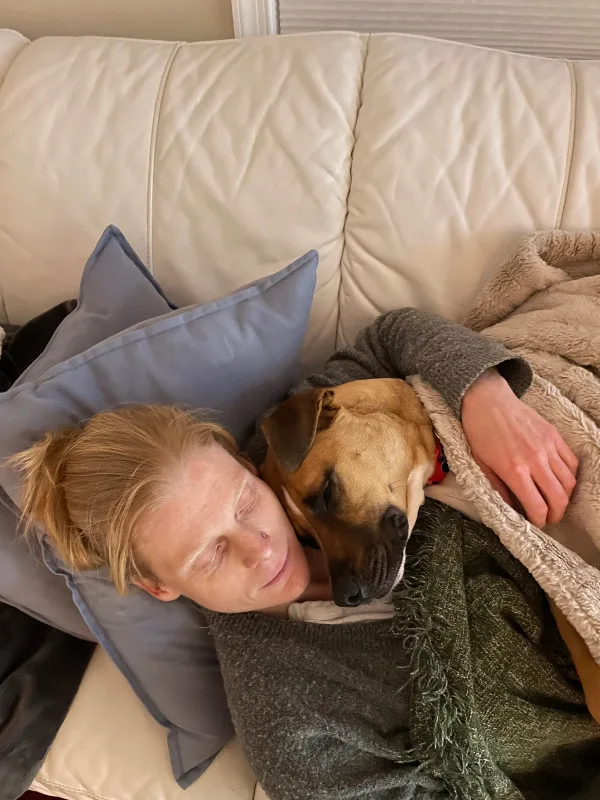
Get more sleep
While this recommendation may not be directly food related, the truth is that when you are tired, you are more likely to make more impulsive decisions that may not fit into your lifestyle plan. So, getting more sleep can make a huge difference to your food intake, plus who doesn’t want more time to rest?!
Have you found simple actions you can take to make life just a little healthier and happier? I’d love to hear about them in the comments!
Want more ideas for how to get healthier? Check out these tips from tons of bloggers and health experts.
